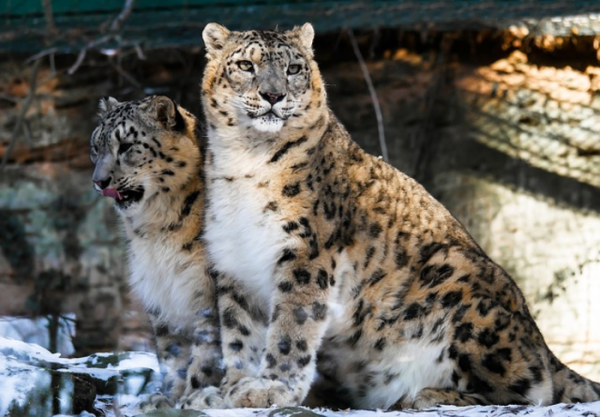Biodiversity is rapidly declining, yet the area of nature reserves is limited and it is difficult to expand them further. It is therefore vital to consider how humans can coexist with animals outside the designated nature reserves. This presents a great challenge for conservationists and policymakers.
During discussions at the United Nations Biodiversity Conference (COP15) 2021 parallel forum, representatives of various countries emphasised the need to make better use of land outside protected areas to safeguard biodiversity.
This is a research focus for Dr Lingyun Xiao from the Department of Health and Environmental Sciences at Xi’an Jiaotong-Liverpool University. In a new study, published in the journal Animal Conservation, Dr Xiao explores the possible impact of livestock grazing (particularly yak and sheep) on the snow leopard and its prey, and how humans can coexist with wild animals.
This study found that livestock grazing had no negative impact on the snow leopard and its prey, bharal – also known as the blue sheep, a wild goat that occurs on the Tibetan Plateau and high Himalayas. Livestock and bharal were to some extent separated in their spatial use, especially during resource-scarce season (winter). Bharal tended to inhabit rugged mountain areas at high altitudes, where rocky outcrops are present and there is lower grassland productivity. Livestock, on the other hand preferred to use river valley areas with more abundant water and grass.
“The distribution of snow leopards spreads from the Qinghai Tibet Plateau to other connected mountains, across many countries. There are nomadic herdsmen and pastures throughout its distribution range and the density of local livestock is nearly 14 times higher than wild bharal in my study area,” Dr Xiao says.
Read more at: Xi'An Jiaotong-Liverpool University
A pair of snow leopards on the snowy Tibetan Plateau. Researchers from Xi'an Jiaotong-Liverpool University, Peking University and Shan Shui Conservation Center (山水自然保护中心) show that nomadic herders and snow leopards can coexist successfully alongside each other on the Tibetan Plateau. (Photo Credit: Peking University and Shan Shui Conservation Center)


